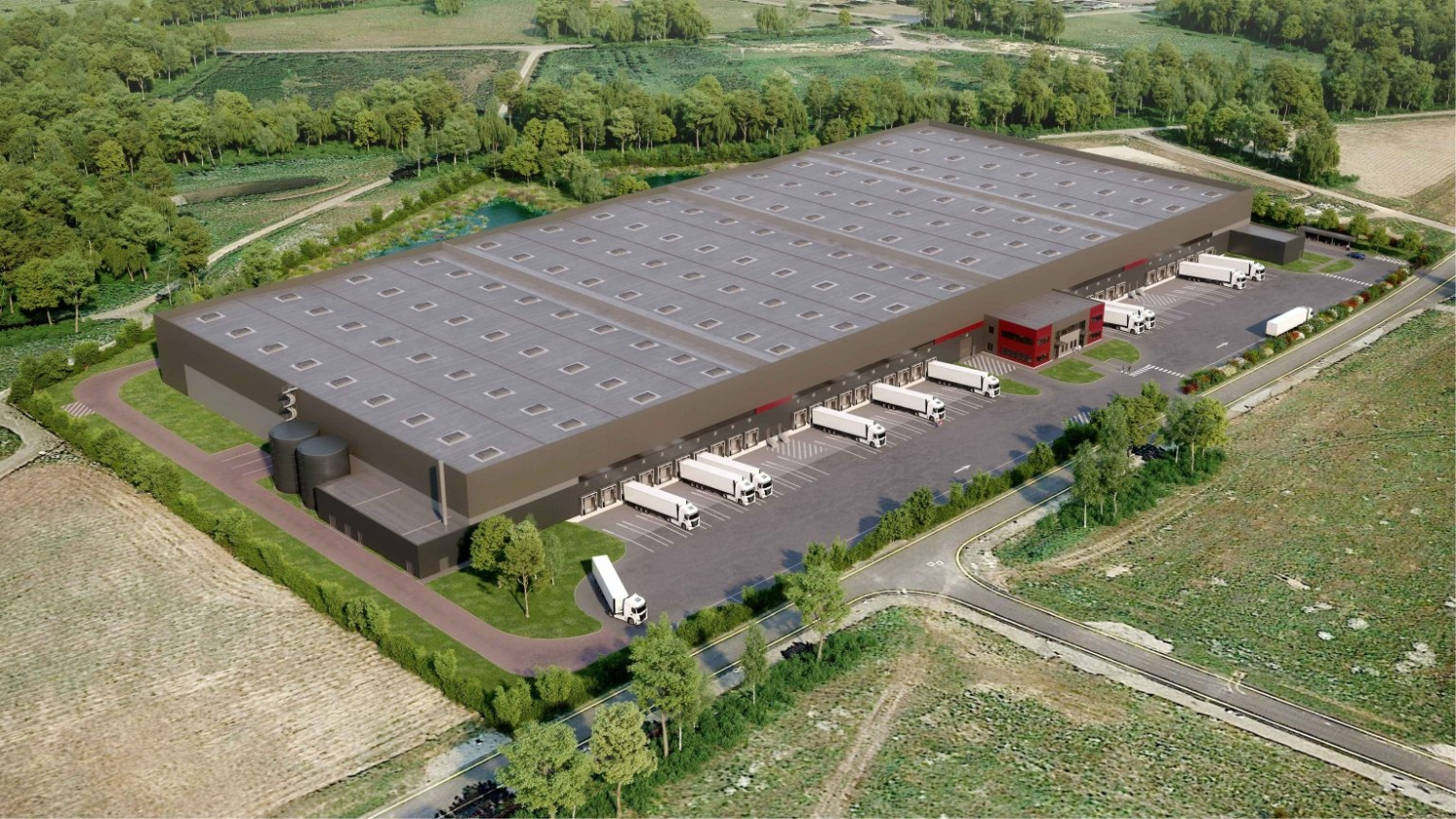France, the UK and Germany continue to attract the bulk of FDI and retain the top three spots, accounting for around half of total projects. FDI projects decreased by 5% (1,194 projects) in France and by 12% in Germany (733). The UK bucked the trend and moved ahead of Germany into second place with a 6% increase in the number of projects (985).
Despite hopes that FDI into Europe would bounce back post-pandemic, slow economic growth, spiraling inflation, soaring energy prices and a febrile geopolitical environment has caused the first downturn in European FDI since 2020.
Throughout 2023, businesses around the world announced 5,694 greenfield and expansion projects in 44 European countries, compared with 5,962 in 2022 – a year-on-year decrease of 4%, compared with 1% growth in 2022 and 5% growth in 2021. Investment is now 14% lower than its peak in 2017 and the total number of jobs created in Europe as a result of FDI fell 7% year on year to 319,923.
Companies cited increased regulatory burden, volatile energy prices and political instability as the top three risks impacting investment decisions. Europe has pioneered new regulatory initiatives on artificial intelligence (AI), sustainability and data protection and investors are worried these could stifle business growth. The ongoing energy crisis, uncertainty in the run-up to the European elections and rising social tensions and political radicalism are also concerning investors.
Bogdan Ion, EY Romania & Moldova Country Managing Partner and EY CESA Chief Operating Officer, says: "Romania has seen a downward trend of 13% in the number of foreign direct investment projects, a trend that we also observe at European level. However, Romania ranks 5th in Europe, after Spain, Hungary, Serbia and Austria, in terms of average jobs created per project. The industrial sector, transport and logistics are the main areas attracting foreign direct investment in Romania, due to the reorganisation of supply chains and the relocation of production after the pandemic. Even if there is a modest decrease in FDI in 2023, the outlook for future investment in Romania remains optimistic, with 67% of investors anticipating an increase in Romania's attractiveness over the next three years."
France stagnates, the UK rebounds and Germany falters
In line with the Europe-wide trend, investment in France fell by 5%. Despite this, the number of jobs created in France by FDI increased by 4%, underlining the ongoing benefits of business-friendly reforms and a comparatively healthy economy relative to other European countries.
The UK bucked Europe's negative trend with a 6% increase in FDI projects in 2023. After a 2022 marked by political uncertainty, high inflation and rising energy prices, investors perceived something of a return to stability to UK markets last year, with foreign software and IT providers particularly loyal to London, which moved above Paris into the top spot as Europe's #No. 1 investment region.
FDI in Germany decreased by 12% in 2023, continuing a steady decline since the onset of COVID-19. Industrial investors have been deterred by the recessionary environment, high energy prices and concerns about the security of energy supply. Complex bureaucracy and high labor costs also continue to limit Germany's ability to attract more foreign businesses.
Reorganization of supply chains benefits Southern and Eastern Europe
Several countries in Southern and Eastern Europe benefitted significantly from businesses' reorganization of supply chains and reshoring of production activities. The number of manufacturing projects decreased slightly across Europe, but increases were seen in Spain, Turkey, Poland, Italy, Serbia, the Czech Republic and Hungary. Slowing investment in the digital and business services sectors impacted investment in countries for which these areas are traditional strengths, such as the Netherlands and Belgium.
The war between Russia and Ukraine continues to impact investment in markets bordering either of those countries, including Romania (-13%), Finland (-32%) and the Baltic countries such as Latvia (-31%) and Lithuania (-40%).
FDI in services sectors declines but manufacturing proves resilient
The number of FDI projects in software and IT services and business and professional services — traditionally Europe's largest sectors for investment — fell by 19% and 27%, respectively. Both are suffering from the effects of purse-tightening on the part of their clients and a general decline in outsourcing.
Investment in tourism and culture, in contrast, increased 130% in 2023. The sector continues to rebound as consumers return to spending on leisure and travel, free from pandemic-induced restrictions.
Investment in manufacturing remained relisient, declining by 1%. Businesses maintained manufacturing investment to ensure that they can meet consumer demand, which is expected to rise. Ongoing efforts to reorganize supply chains and relocate production bases to Europe also helped maintain manufacturing investment levels.
Optimism remains despite gloomy picture, but risks remain
Despite a gloomy overall picture, there is scope for optimism, as 72% of the businesses surveyed indicate plans to establish or expand operations in Europe over the next year – up from 67% in 2022 – a sign that Europe still matters in current and future business plans.
Investors are positive about Europe's long-term prospects because the economic situation is expected to gradually improve. Moreover, in the context of rising geopolitical tension, the relative stability of Europe's major economies is a considerable advantage.
However, leaders surveyed see the increased “regulatory burden” as the biggest threat to Europe's attractiveness over the next three years. Europe has pioneered new regulatory initiatives in areas including carbon disclosure, supply chain due diligence, data protection and the safe use of AI. Investors are worried that the expanding regulatory framework will stifle European business growth and agility. Reflecting concerns about the energy crisis of the past two years, “energy prices and supply issues” are considered the second biggest threat to Europe's attractiveness, with “political instability” in Europe ranked third. This is due to uncertainty in the run-up to the European elections and rising social tensions and political radicalism at local levels.










